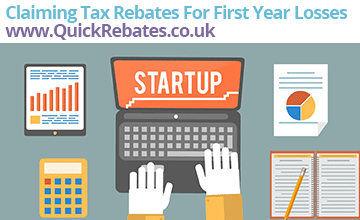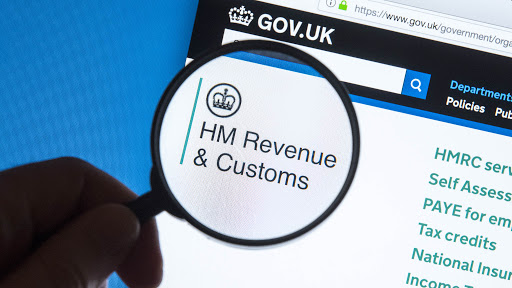What if All of my Income is Taxed at Source?
HMRC appreciate that for a lot of higher rate taxpayers, all income would be taxed at source, for example under PAYE. The problem is that the PAYE system inherently has it’s weaknesses and errors can materialise when dealing with allowances. For example allowances can be over claimed, or under claimed. Add this to the fact that the higher rate of Tax is charged at 45% means that any mistakes quickly become material.
In addition to this, it is not uncommon for higher earners to have multiple sources of income, for example:
- Income from property
- Investment income, i.e. savings interest
- Dividend receipts from shares owned
- Foreign income
A lot of these sources would naturally put the onus on the Tax payer to file a Tax Return, regardless of the level of income.
Tax Relief for Personal Pension Contributions
If you are paying Tax above the basic rate and also contributing personally towards a pension scheme, it may be possible you are due a Tax repayment. This is due to special relief being offered by HMRC.
By paying into a private pension fund, your basic rate band is actually increased. So instead of some of your income being taxed at 40% or even 45%, it should be taxed at the reduced basic rate of 20%. It is usual for private pension payments to be included in your PAYE code, but this does not always happen. HMRC must be informed that personal pension payments are being made for the relief to be given.
Bearing in mind that claims can be made for up to four years, repayment claims can quickly become quite large in value.
Tax Relief for Gift Aid Charity Payments
Just like the Tax relief offered on personal pension contributions, HMRC also extend the basic rate Tax bracket for charitable payments made under Gift Aid. This opens up more of a chance of a Tax repayment as they are usually not included in the Tax payers PAYE code.
Unlike pension payments which tend to be paid regularly, Gift Aid payments would usually be one off payments for certain occasions.
If you are a higher rate Tax payer and can remember making substantial Gift Aid payments in the last four Tax years, get in touch. There is a high chance of you being due a Tax refund.
Tax on Dividends for Higher Earners
HMRC rules and regulations have changed quite dramatically over the last few years, particularly for dividends over £2,000 per annum. From 6th April 2018, the dividend allowance will be decreased from £5,000 to £2,000.
The rates of dividend Tax depend on what rate of Tax you are currently at:
- Basic rate – 7.5%
- Higher rate – 32.5%
- Additional rate – 38.1%
Particular care must be taken when approaching April 2018 as this may mean more of your dividend income is being Taxed, giving rise to a liability.
Higher rate Tax is becoming increasingly complicated year on year. Let QuickRebates remove the stress and headaches of completing your Self Assessment Tax Return

17 Actionable Tips for New Business Startups
17 Top Tips for New Businesses (Physical and Digital) Starting any business be it physical or digital, can be extremely[...]

Tax Relief for Opening Year Losses
Opening Year Loss Relief When starting a new business, it is incredibly common for Tax losses to arise in the[...]

Tax Refunds for Musicians
Musicians – It’s Time to Claim Back Your Tax! As a musician starting up in business, you could be entitled[...]







